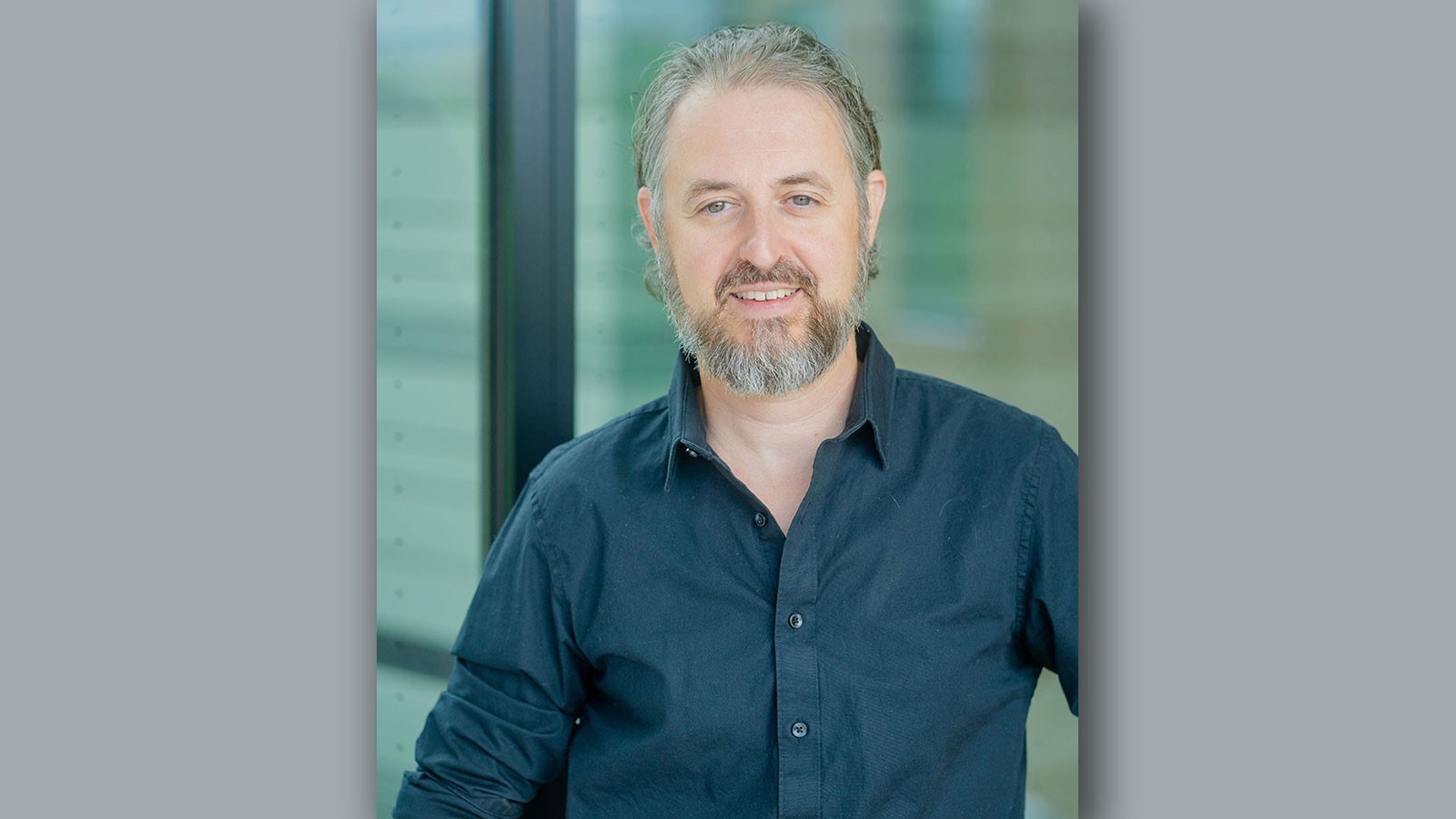$3M Grant Renewal Could Help Develop Treatments for Children With Intellectual Development Disorders
By Allyson Myers |
Timothy Shahan
Timothy Shahan, professor of Psychology at Utah State University, recently received a five-year, $3 million renewal of a grant from the National Institute of Health and Human Development to continue researching how basic behavioral interventions can be applied to the treatment of severe problem behavior in children with intellectual development disorders.
The project is a collaboration between Shahan, a basic scientist of learning and behavioral regulation, and Brian Greer and Wayne Fisher, clinical researchers at Rutgers University who specialize in the treatment of severe problem behavior in children with intellectual developmental disorders.
Behavioral interventions can be an effective method of reducing severe behaviors such as self-injury or aggression. When these behaviors occur, caregivers can withhold the typical reinforcement for the problem behavior (e.g., attention) and instead provide reinforcement for an alternative behavior (e.g., an appropriate communicative behavior). However, a resurgence of the problem behavior is common in situations when a caregiver cannot deliver reinforcement as expected.
This treatment relapse is the focus of Shahan’s work. “The goal of this project is to identify innovative, theory-driven methods to reduce treatment relapse and increase the durability of treatment effects over time,” Shahan said. “Specifically, the project seeks to translate to the clinic insights derived from a mathematical theory of resurgence that my students and I have developed based on animal research in my laboratory over the last decade.”
Over the past five years, Shahan and his team have tested their mathematical theory, which can be used to predict the likelihood and magnitude of resurgent behavior in highly-controlled animal research. The results of their research show that similar methods can also be applied to describe resurgence of severe problem behavior of children with intellectual developmental disorders in clinical settings.
Because the theory makes predictions about when and how much relapse should occur based on differences in consequences for problem behavior versus appropriate behavior, the researchers’ goal is to use it to create new interventions to help mitigate resurgence following clinical treatment.
“The single most important and promising finding was a procedure involving alternating periods in which reinforcement was and was not available for an alternative behavior,” said Shahan, adding that this method tended to prevent treatment relapse. “These findings suggest an innovative and unexplored procedure for treating severe problem behavior that is likely to prevent relapse better than existing approaches.”
The next five years of the project will focus on this new intervention by conducting a randomized clinical trial to evaluate its efficacy. Shahan will also conduct a series of related experiments in the animal lab aimed at further improving the mathematical theory and increasing the practicality of the intervention itself.
As a basic scientist who focuses primarily on understanding fundamental theories of behavior, Shahan is excited for this opportunity to work together with the research team at Rutgers to apply his work to potentially improve the lives of children and their families.
“Such a direct collaboration between basic theoretical scientists and clinicians remains very rare in the behavioral sciences,” he said. “With any luck, we will identify methods to improve behavioral interventions that are more durable and less susceptible to relapse.”
WRITER
Allyson Myers
Public Relations and Marketing Assistant
Emma Eccles Jones College of Education and Human Services
allyson.myers@usu.edu
CONTACT
Sylvia Read
Professor & Associate Dean
School of Teacher Education & Leadership
435-797-2714
sylvia.read@usu.edu
TOPICS
Research 878stories Psychology 44storiesComments and questions regarding this article may be directed to the contact person listed on this page.







